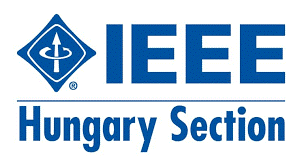The seventh lecture of the József Liska memorial semester of the BUTE SBC was held by Dr. Bálint Németh, associate professor at Budapest University of Technology and Economics, and Gábor Szücs, innovation expert of MAVIR (Hungarian TSO), member of the ENTSO-E RDI. During the lecture, Dr. Bálint Németh gave us an insight into the operation of the Dynamic Line Rating model, and Gábor Szücs talked about the impacts of DLR from the MAVIR perspective. Dr. Bálint Németh introduced the challenges of the Hungarian network, and we learned that many of these difficulties could be solved with DLR technology. Line rating is the maximum current that can be secured with the highest power. This rating is affected by thermal limits between about 100 and 150 km, and by voltage falling and stability limits above 150 km . The Dynamic Line Rating provides a possible solution to address these problems, as it reduces limited cross sections, can integrate renewable energy sources into the system and increase the load by 10-30%, which contributes to the cost efficiency of the technology. In the second part of the lecture, Gábor Szücs presented the challenges of the TSO. Later he also described the opportunities and risks of DLR technology. Unfortunately, DLR is not the solution to all problems, so it is important that TSOs work together, especially because there are several constrictions on the 132 kV network.

